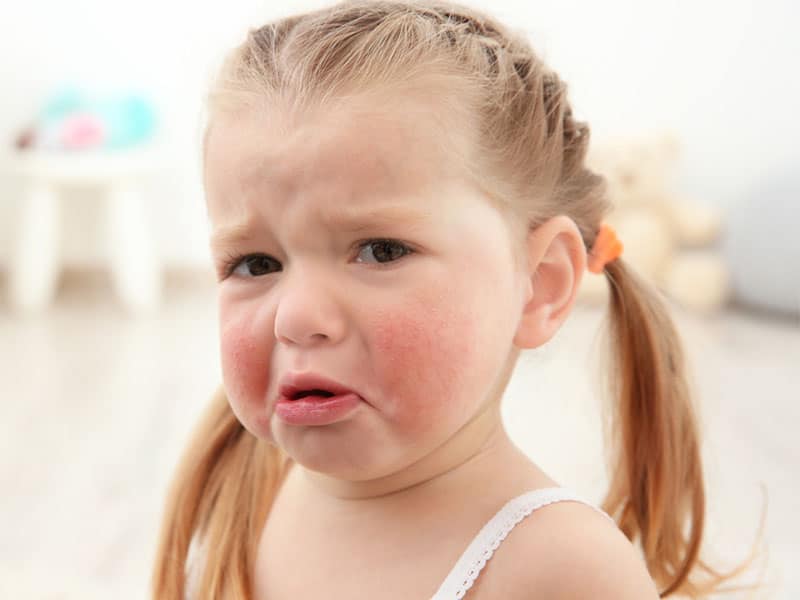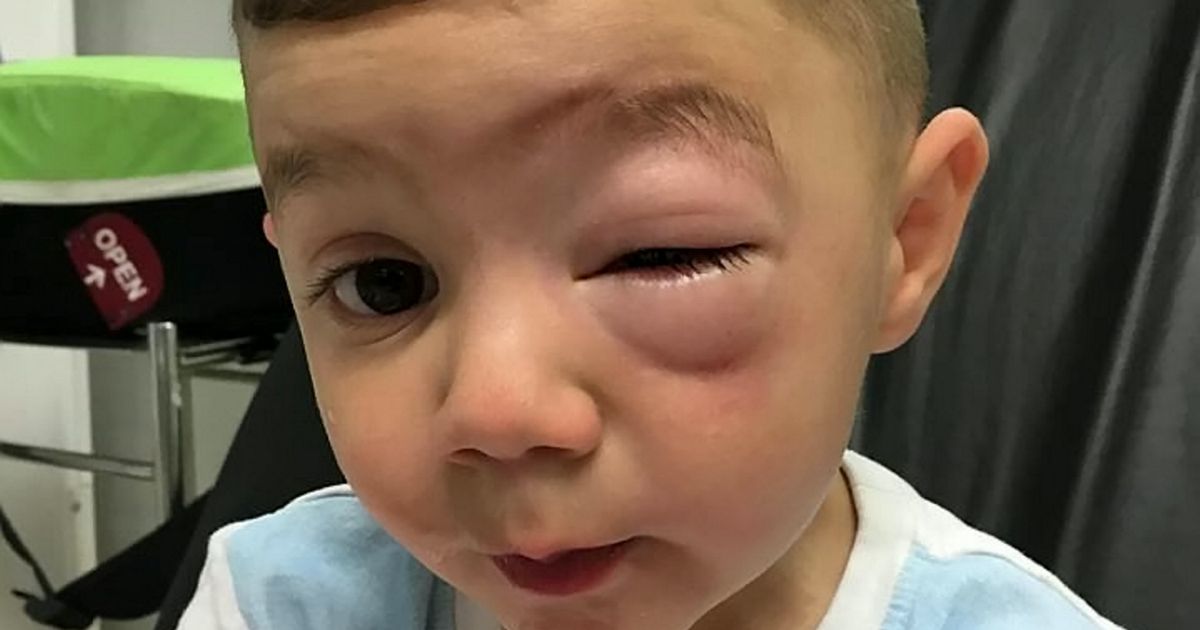In this post, we will discuss about allergic reactions in children and how can you treat them nicely.
Allergic reactions

Allergies are the body’s immune response to anything that maybe food cats bee’s pollen or anything else. Allergic reactions can be minor and consist of a small rash or an itch or they may be severe and cause any trouble to breathe. A severe allergic reaction is called an anaphylactic response.
Non-severe allergic reactions can include redness, itchiness, swelling of hands and the feet. It might cause vomiting diarrhea or tear up of the eyes. The allergic reaction may go up into the throat in the face area. And in this case, it is considered severe. This can cause trouble breathing in a Dema around the throat area. If you suspect that an allergic reaction is severe you need to go seek emergency medical treatment immediately.
Non-severe allergic reactions can usually be self-limiting. You can deal with these by washing the area. But more importantly, removing the child from the cause that is causing this reaction. Itchy eyes can be treated with a clean moist towel or washing the eyes with water. Make sure that you keep these areas clean and that the child is not rubbing their face too much with dirty fingers.
How to treat allergic reactions

If you notice that your child is having a severe allergic reaction or if they are exposed to something that has caused severe allergic reactions in the past, then you should call an ambulance immediately. This is the case even if the allergic reaction hasn’t started yet. But you know that they have had allergic reactions in the past.
Auto-injector or Epipen Injector
If a child knows that they are allergic they will usually have been given an EpiPen or an auto-injector follow the instructions carefully and help them administer this. If you are taking care of a child who has an EpiPen or an auto-injector you should always be familiar with how to use these things before the allergic reaction happens. So at the beginning make sure that you ask and verify ahead of time if the child has reactions and what medication they have to deal with these reactions.
If they have an auto-injector. You should help them administer it by pressing it firmly to the thigh and holding it there for 10 seconds. After that, you can massage the area for another 10 seconds to help the substance spread around.
Even if the child is feeling better after you have administered this auto-injector or EpiPen you should still call an ambulance because they need to be continually monitored. While waiting for the ambulance, monitor the child’s breathing and responsiveness to make sure that you won’t have to treat for shock or loss of consciousness afterward. If the symptoms don’t go away or they persist you might have to give them another injection.
Some More Important Information To Consider
First Aid: Allergic Reactions By Kids Health
Allergic Reaction in Children: Care Instructions – By – My Health Alberta
Allergy Causes in Children: What Parents Can Do -By- HealthyChildren.org
Allergic reaction in baby: Treatment and pictures -By- Medical News Today
Children Common Skin Allergies: Eczema, Rash, Hives and Swelling By Web MD



